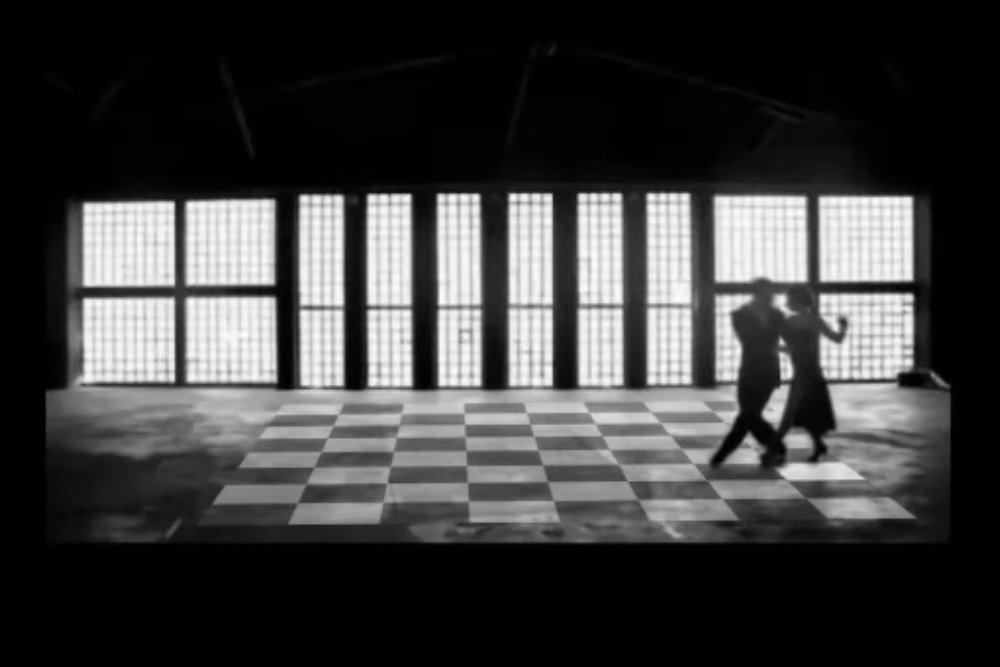Margaret Thatcher, the ‘Iron Lady’, was born on 13 October 1925, 100 years ago. As leader of the Conservative Party and the first female head of government in England, she had a greater impact on the country’s destiny than any other politician since Winston Churchill. Opinions about her politics were and remain divided. US President Ronald Reagan famously called her ‘England’s best man’. The English Labour movement, however, criticised Thatcherism for focusing on the free market, reducing the power of trade unions and their leaders, and cutting many state social benefits. Thatcher served as Minister of Education and Science in Edward Heath’s government. In 1975, she replaced Heath as party leader. She was elected British Prime Minister in May 1979 and held the office until November 1990.
Not everyone within the Conservative Party supported Margaret Thatcher’s political line. Kenneth Baker, born in 1934 in Newport, had been a member of the House of Commons since 1968. Due to his close ties to Edward Heath, he had also been his private secretary since 1974. However, when Margaret Thatcher became Prime Minister in 1979, she did not initially appoint Baker to her cabinet, considering him to be too closely associated with Heath. However, Baker gained expertise in information technology, an area that was becoming increasingly important, and was eventually appointed Minister for Information Technology in 1981. In this role, he advocated the increased use of computers and electronics in schools and industry. He became Minister for Local Government in 1984, Minister for the Environment in 1985, and Secretary of State for Education and Skills in 1986. From November 1989, he served as Chancellor of the Duchy of Lancaster for one year, also serving as Chairman of the Conservative Party. Following Thatcher’s resignation, Baker remained Home Secretary in John Major’s government from November 1990 to April 1992.
In recognition of his achievements, Kenneth Baker was elevated to the non-hereditary peerage as ‘Baron Baker of Dorking, of Iford in the County of East Sussex’, thereby becoming a member of the House of Lords.
In 1993, he published his memoirs, Turbulent Years. Turbulent Years: My Life in Politics. Over the next few years, he published several more books on political and historical topics.
You can find an assessment of Margaret Thatcher’s politics by Kenneth Baker on YouTube.
There has always been a close connection between politics and chess. Influential politicians such as Napoleon and Benjamin Franklin were also great chess enthusiasts. This connection was particularly strong in Russia. Lenin and many of his associates were avid players. Nikolai Krylenko even made it a national sport in the Soviet Union. Germany has also had its share of politicians who love chess, including Helmut Schmidt, Richard von Weizsäcker, Otto Schily, Wolfgang Schäuble and Peer Steinbrück, who are all very good players. For many years, Berlin hosted an annual chess tournament for politicians, in which they competed to find the best player.
Some chess players took the opposite path – such as Garry Kasparov, Viktorija Čmilytė and Dana Reizniece – who entered politics as chess grandmasters.
Now aged 90, Kenneth Baker plays chess to keep his mind active. His regular chess partner is the composer and musician Jason Kouchak. They like to meet in cafés in London’s government district to discuss ideas and play chess.
One of Kenneth’s favourite chess strategies is sacrificing the queen, which he calls the ‘Thatcher move’. He believes that, in 1990, Margaret Thatcher sacrificed herself for the good of the Conservative Party.

A new generation of chess students also plays on Kouchak’s giant chessboard at Westminster School, his alma mater. The board is located in the shadow of Victoria Tower at the Houses of Parliament.
“Understanding power games in both politics and chess is a great asset and inspiration,” says Jason Kouchak.
It was the connection between chess and politics that inspired him to compose this piece.
Many thanks to Jason Kouchak!
